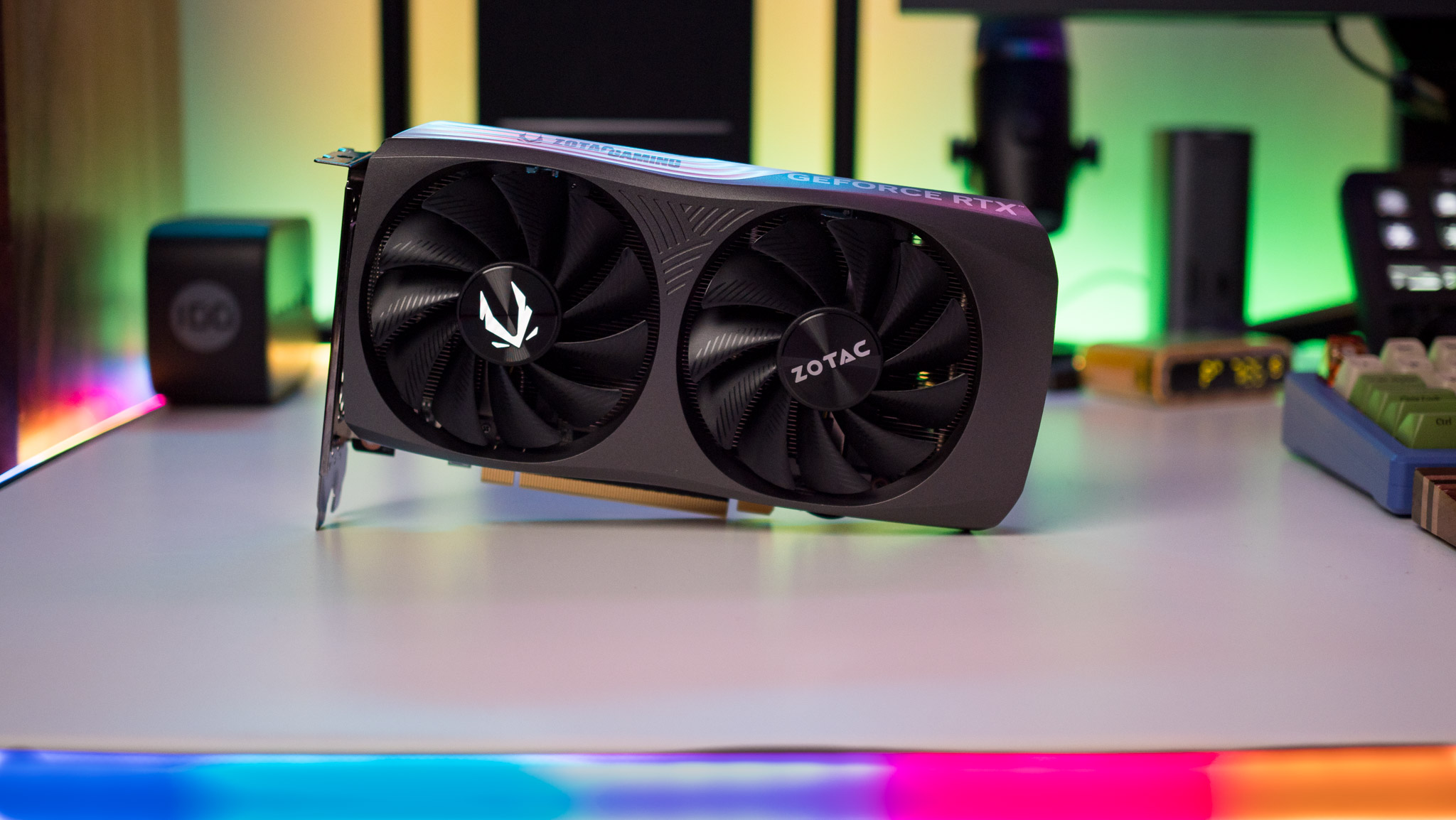What you need to know
- Indiana Jones and the Great Circle launched on PC and Xbox Series X|S on December 9.
- The game is getting rave reviews, including a Must Play award from our own Samuel Tolbert.
- Listed system requirements are steep, but the game is running surprisingly well on lower levels of hardware.
- The Karan Benchmarks YouTube channel posted a video detailing performance on the RTX 3050, 3060, 3060 Ti, and 4060, with some surprising results.
Indiana Jones and the Great Circle launched on December 9, and I’ll admit its reception took me by surprise. It’s never easy adapting a movie into a game, but developer MachineGames seems to have absolutely nailed it, with positive reviews flooding in from critics and players alike. If you’re a fan of the movies, the game is a must-play.
Windows Central’s gaming guru Samuel Tolbert reviewed Indiana Jones and the Great Circle, awarding it 4.5 stars and handing it a Must Play award in the process. The game is available on Xbox Series X|S and PC, with Xbox Game Pass Ultimate and PC Game Pass receiving it on day one.
Leading up to the launch, there was some trepidation surrounding PC system requirements. As it turns out, the game runs a lot better than expected, with some surprises on older hardware. Yes, the game is a VRAM hog, but it rewards those who feed it.
Indiana Jones and the Great Circle’s system requirements aren’t as steep as expected
Windows Central’s other gaming whiz, Brendan Lowry, wrote about how he’d only recently upgraded his PC but was still worried about running Indiana Jones and the Great Circle.
Revealed just a few days before the game’s launch, system requirements listed at least an Intel Core i7-10700K/Ryzen 5 3600 CPU and NVIDIA RTX 2060 SUPER/AMD Radeon RX 6600 GPU to get the game going at 1080p.
Want to bump that up to fit your 1440p monitor’s native resolution? Listed are a Core i7-12700K/Ryzen 7 7700 and an NVIDIA RTX 3080 Ti/Radeon RX 7700 XT. And that’s only for a baseline 60FPS. Getting into ray tracing requirements, you’re recommended to have at least an RTX 4070, climbing to an RTX 4090 for 4K at 60Hz.
In a reversal of what I’ve seen happen a lot lately, the PC system requirements have leaned into being too severe, allowing lesser hardware to run the game smoothly. It’s a nice change of pace.
However, the game seems to be hungry for VRAM to handle all of those detailed textures, and those with an RTX 3060 with 12GB of VRAM should see better performance compared to the newer (and pricier) RTX 4060.
PC benchmarks show a heavy ask for VRAM

YouTube channel Karan Benchmarks is a great source for no-nonsense performance data in modern PC games. Uploaded yesterday is a lengthy video detailing the performance you can expect from the NVIDIA RTX 4060, 3060 Ti, 3060, and 3050 GPUs.
The results comparison between the RTX 3060 and RTX 4060 is what really surprised me, but it shows how much VRAM matters in modern games. The RTX 4060 with 8GB of VRAM averaged 56 FPS at 1080p with the Ultra preset, while the RTX 3060 with 12GB of VRAM averaged 66 FPS with the same settings.
With DLSS enabled, the RTX 4060 hit a 72 FPS average at 1080p, while the RTX 3060 climbed to an 86 FPS average. That’s not an insignificant jump. As mentioned, the listed system requirements seem to be stricter than they are, which is a nice change of pace to allow more PC gamers smooth access.
Even at 1440p with Ultra settings, the RTX 3060 manages a 47 FPS average at 1440p with Ultra settings. With DLSS Quality thrown in, that average climbs to 62 FPS. Karan lists the test equipment as a Zotac RTX 4060 Twin Edge 8GB and an Aorus RTX 3060 Elite 12GB. Rounding out the text PC is an Intel Core i5-13600K CPU and 32GB of DDR4 RAM.
NVIDIA’s RTX 4060 and 4060 Ti aren’t aging well

Indiana Jones and the Great Circle highlights a growing issue in modern PC gaming. Larger amounts of VRAM are required to enjoy all of the detailed textures at a high FPS in demanding titles, and GPUs like NVIDIA’s RTX 4060 and RTX 4060 Ti with 8GB of VRAM are falling behind.
Previous-gen cards, like the RTX 3060, have 12GB of VRAM (though there are 8GB models as well), and as we can see from the results above, you can spend less on a GPU and get better performance. As Windows Central’s Harish Jonnalagadda mentioned in his RTX 4060 Ti review, the card “delivers meager gains over its predecessor, and NVIDIA’s betting on DLSS 3 to offset the margin.”
Anyone with an RTX 3060 (12GB) in their PC is no doubt quite happy with the purchase, and it should remain a quality card for the foreseeable future all thanks to that extra VRAM.

